Idea by
Pavle Stamenović, Igor Kuvač, Slobodan Peulić, Nebojša Jeremić, Jelena Rajović, Đorđe Jovanović, Andrea Janičić, Nikolina Hassam Dorsen, Kristina Komljen, Bojana Todić, Zoran Uljarević
small SCALE team of the Centre for Spatial Research (2019)
https://icprostor.wordpress.com/
Call for ideas 2021
Domesticating public space
Domesticating public space
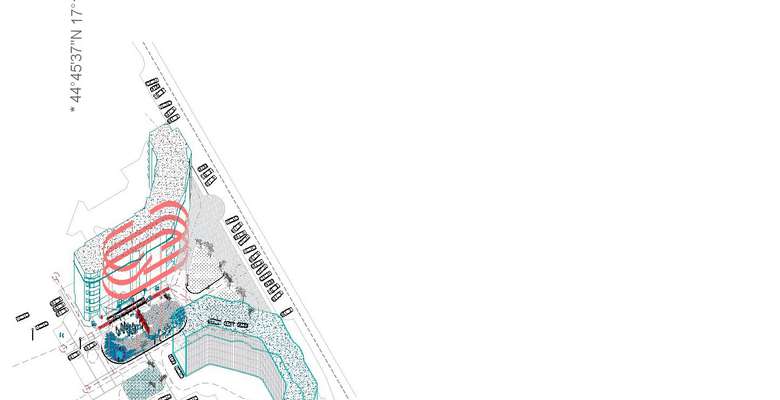
- Systemic changes
The physical proximity and social closeness of neighbors usually implies interactions and conflicts that reflect complex relationships of interest based on trust. However, with the appearance of new functions and newcomers, everyday life also changes. In this context, there emerges the question of resilience to new functions and new models of using public spaces (as multi-functional places of interaction). The project predicts an experimental approach including the identification and analysis of the values and potentials of the specific spatial and social situation of the public space of the neighborhood, and the reaction through the concept of small-scale urban intervention. The result is a series of model options for urban design in function of possible scenarios. A small urban intervention is integrated into the context so it responds to direct and tangible issues of everyday neighborhood life, but the approach can also serve as a model for verification over a wide area.
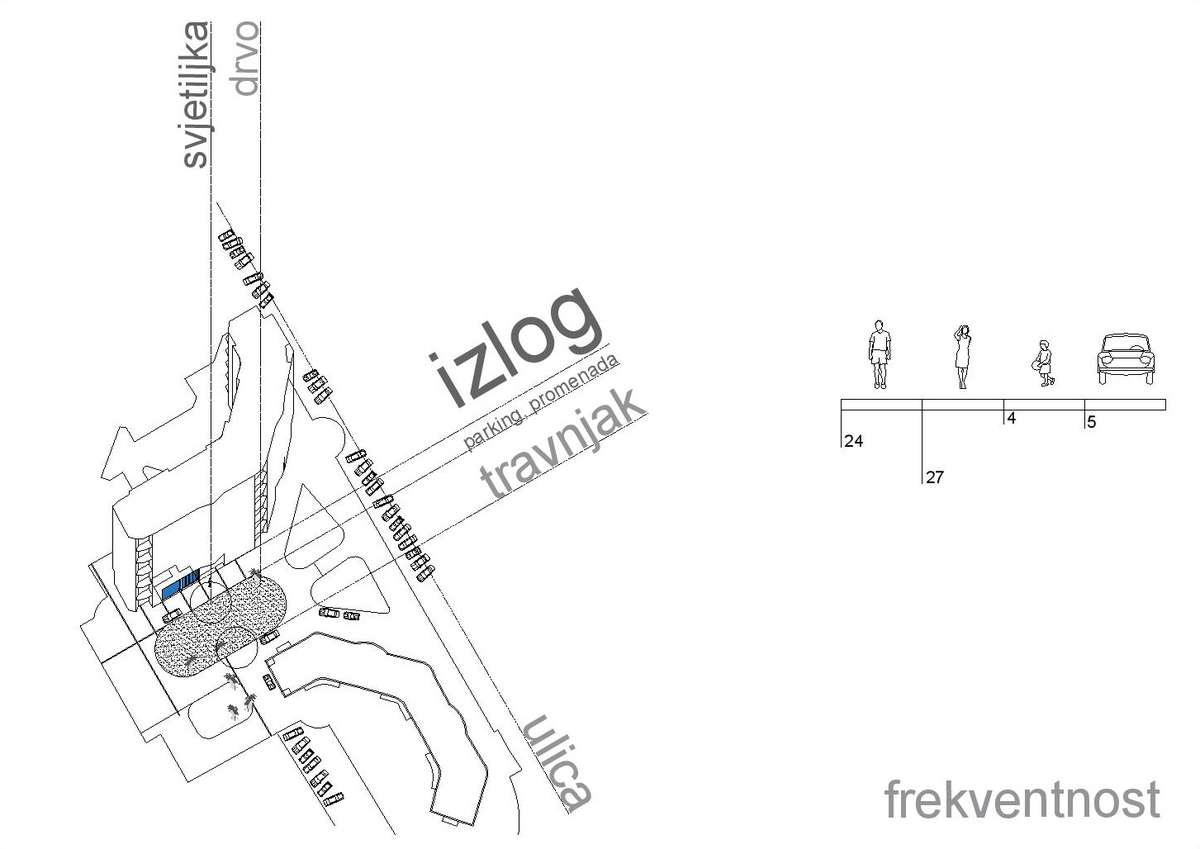
Keywords: border, event, imagined privacy, yard simulation, garden simulation, place attachment, care, security, shortcuts, habits, improvisation
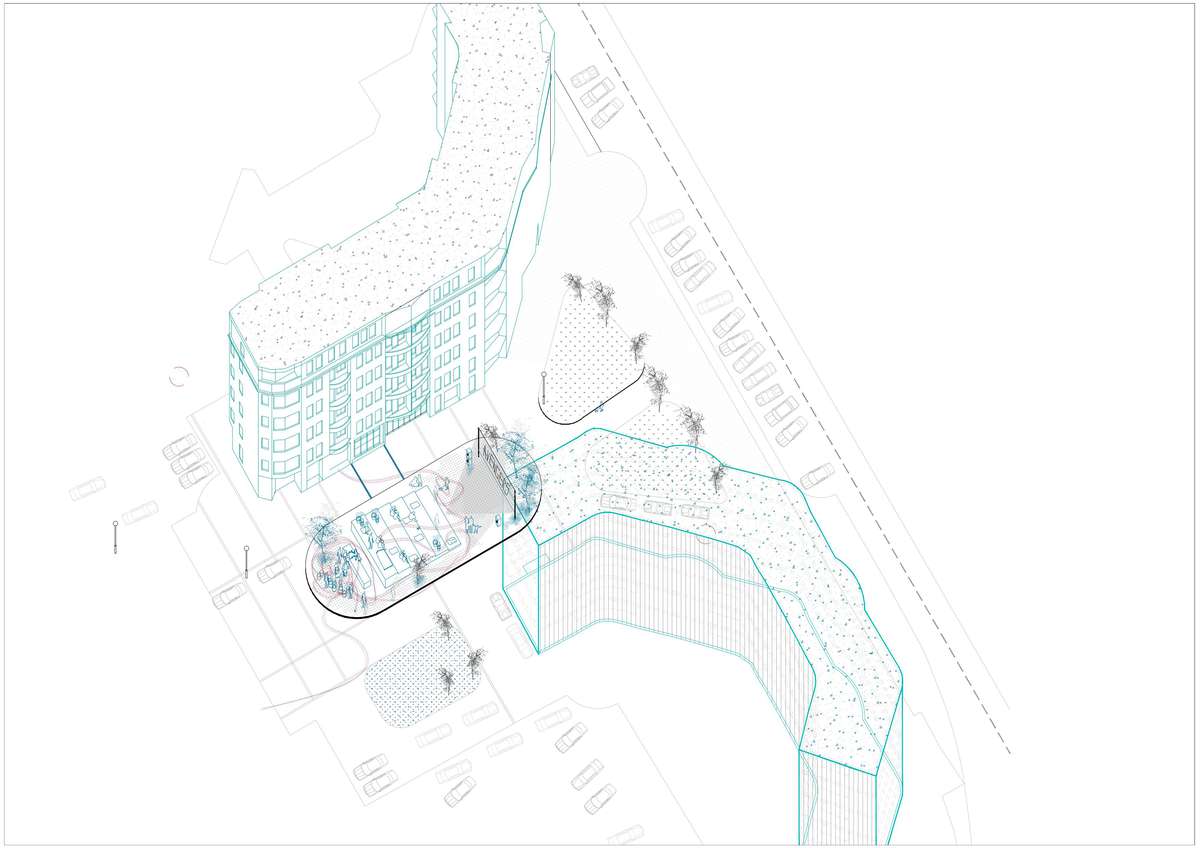
The marked space provokes use. When space is articulated by elements of architecture and planned actions, the same space provokes usage scenarios.
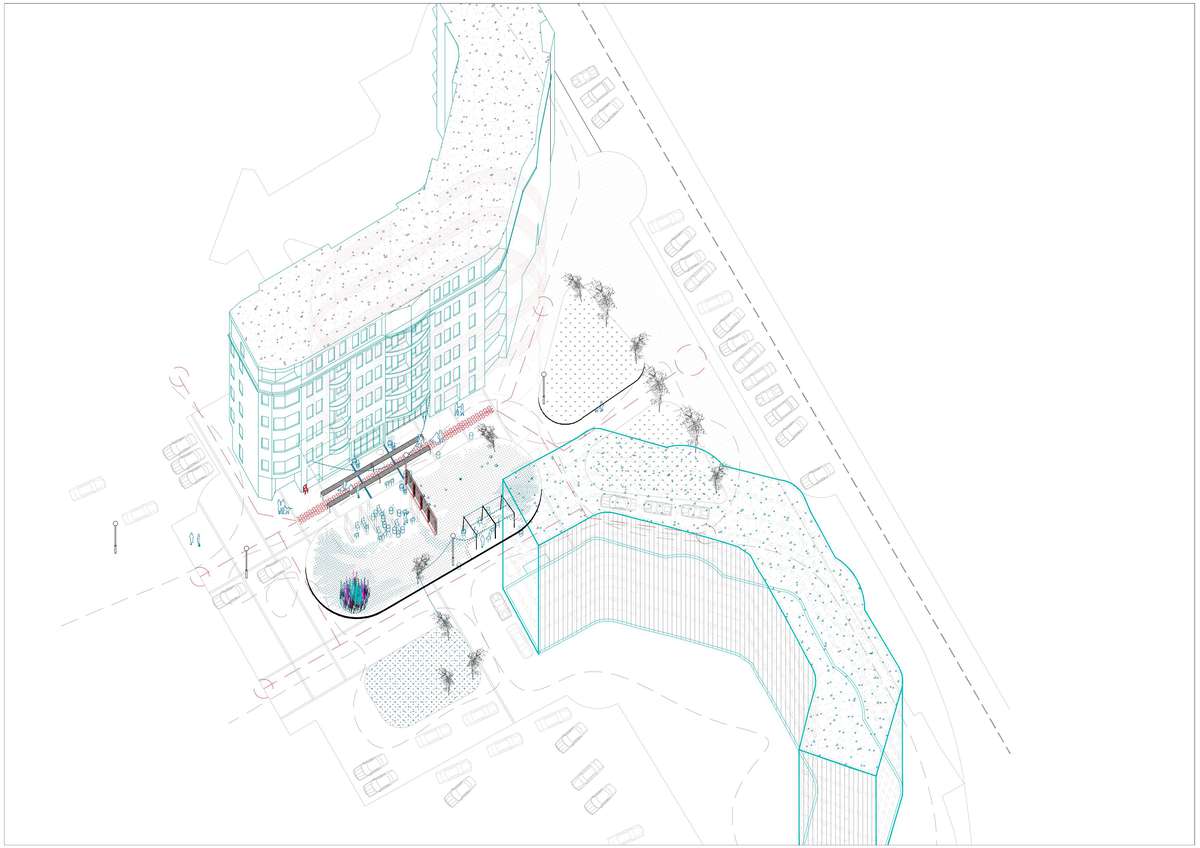
Instead of implementing an adhoc solution that would require imposed use, the workshop is focused on thinking about sustainable scenarios.
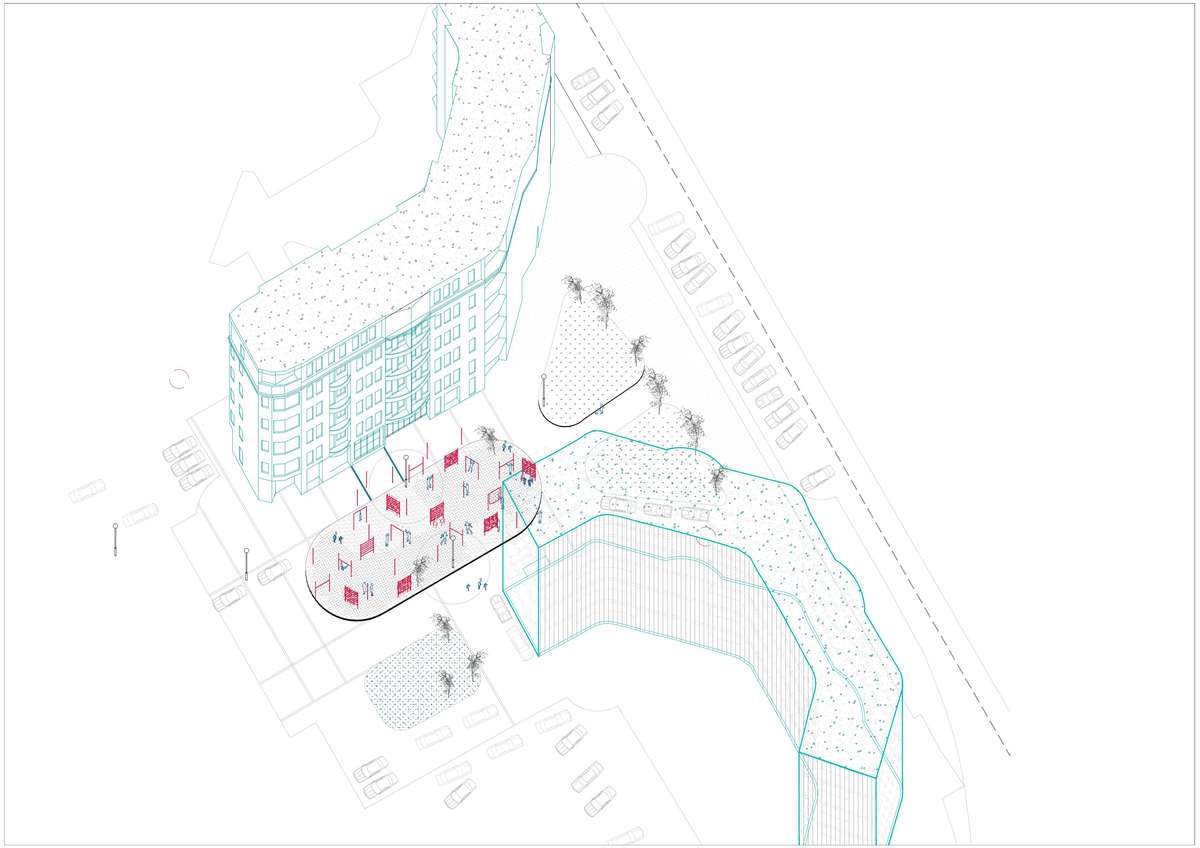
Improvisation is the twin of multi-function. Inventory in the public space of the neighborhood accepts different usage scenarios.
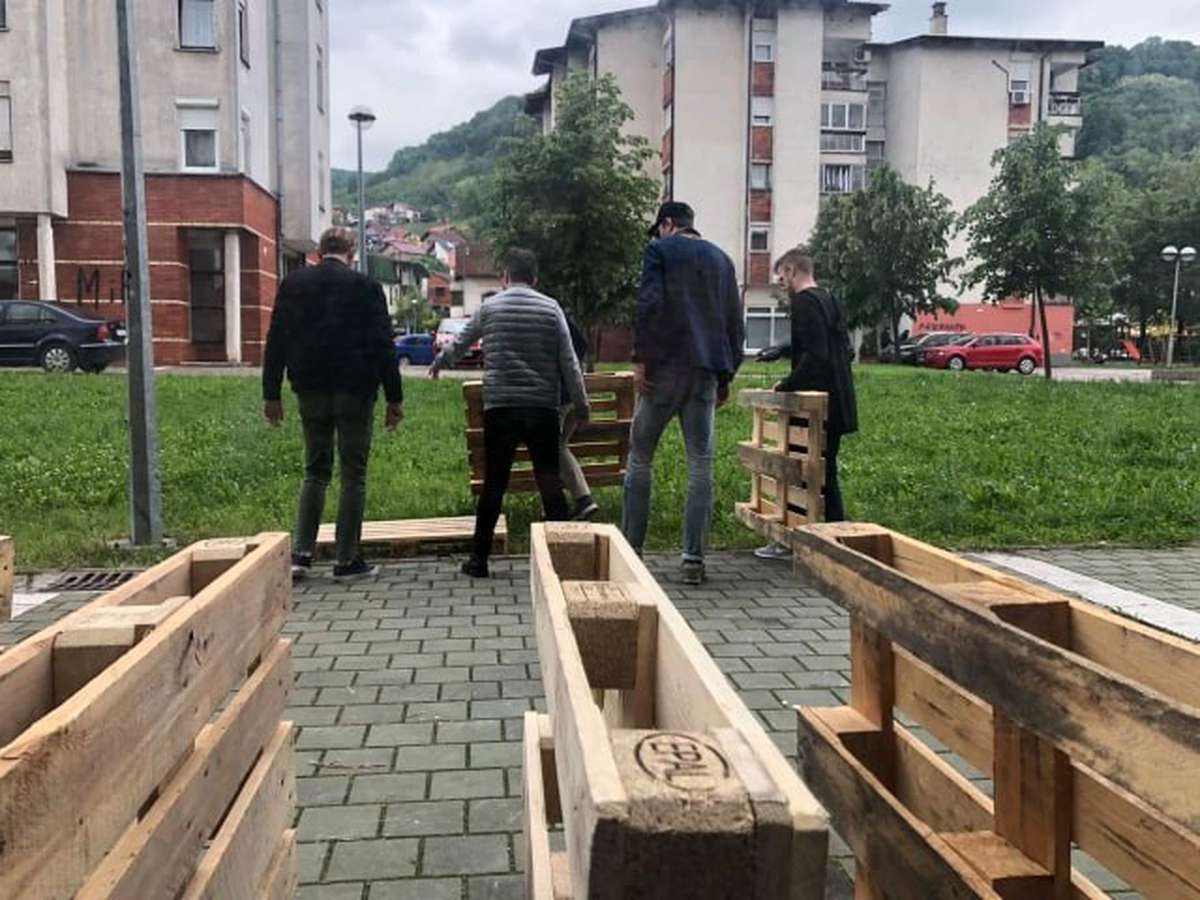
The workshop is only the first step towards understanding and implementing possibilities and realizing the potentials of the location.
Domesticating public space
Domesticating public space

- Systemic changes
The physical proximity and social closeness of neighbors usually implies interactions and conflicts that reflect complex relationships of interest based on trust. However, with the appearance of new functions and newcomers, everyday life also changes. In this context, there emerges the question of resilience to new functions and new models of using public spaces (as multi-functional places of interaction). The project predicts an experimental approach including the identification and analysis of the values and potentials of the specific spatial and social situation of the public space of the neighborhood, and the reaction through the concept of small-scale urban intervention. The result is a series of model options for urban design in function of possible scenarios. A small urban intervention is integrated into the context so it responds to direct and tangible issues of everyday neighborhood life, but the approach can also serve as a model for verification over a wide area.
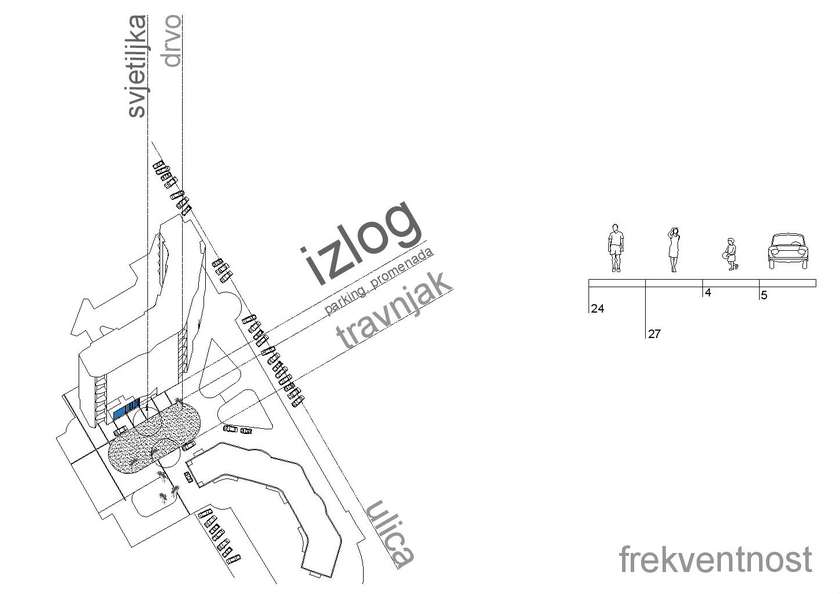
Keywords: border, event, imagined privacy, yard simulation, garden simulation, place attachment, care, security, shortcuts, habits, improvisation
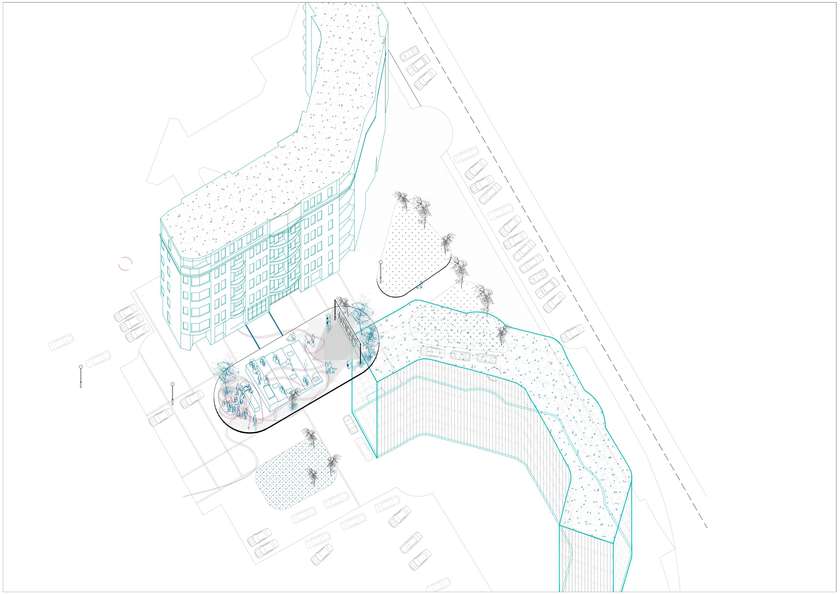
The marked space provokes use. When space is articulated by elements of architecture and planned actions, the same space provokes usage scenarios.
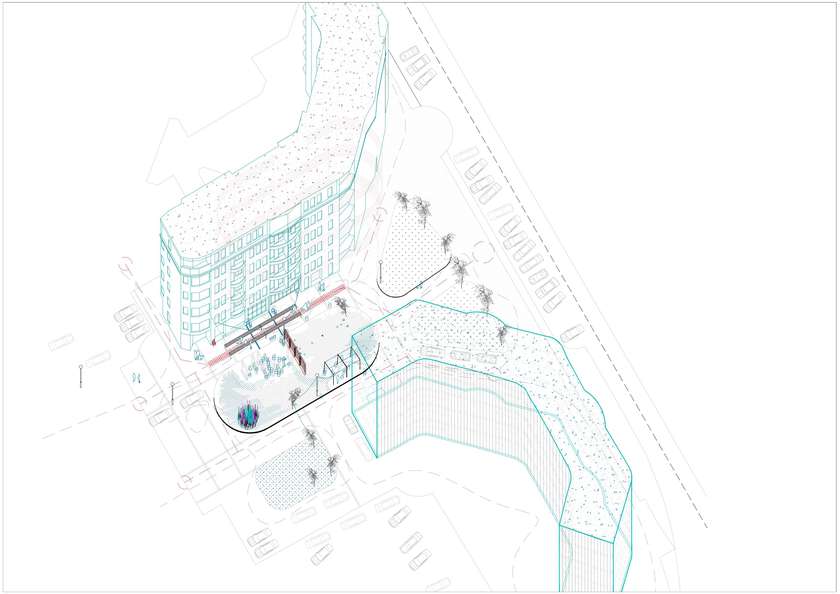
Instead of implementing an adhoc solution that would require imposed use, the workshop is focused on thinking about sustainable scenarios.
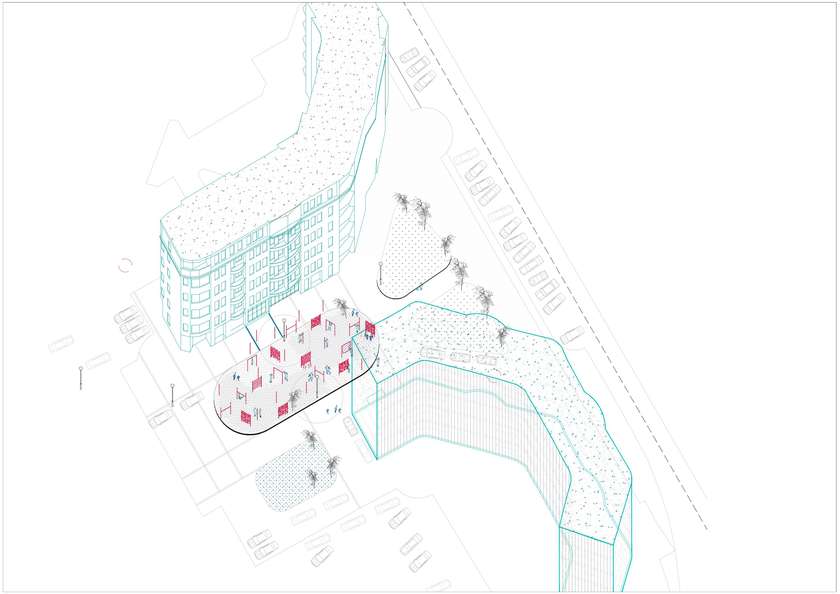
Improvisation is the twin of multi-function. Inventory in the public space of the neighborhood accepts different usage scenarios.
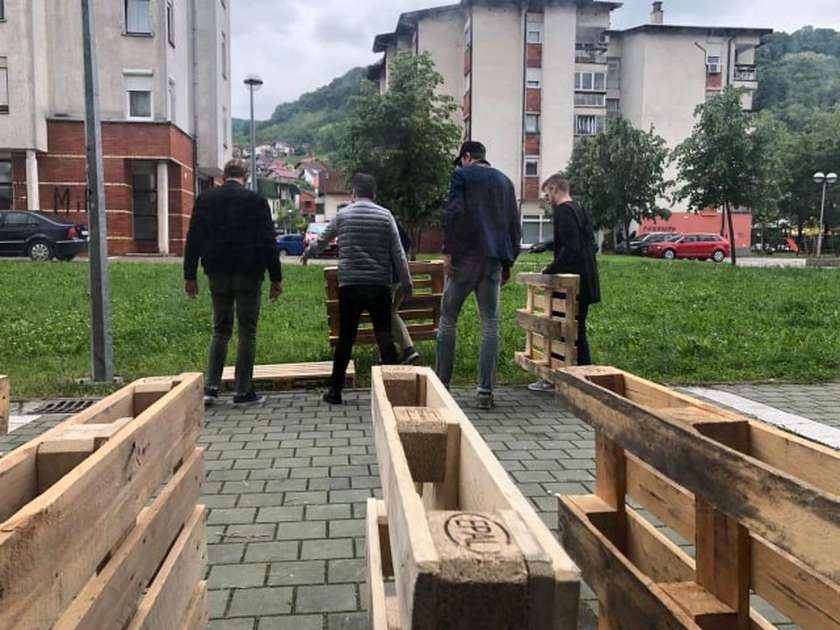
The workshop is only the first step towards understanding and implementing possibilities and realizing the potentials of the location.